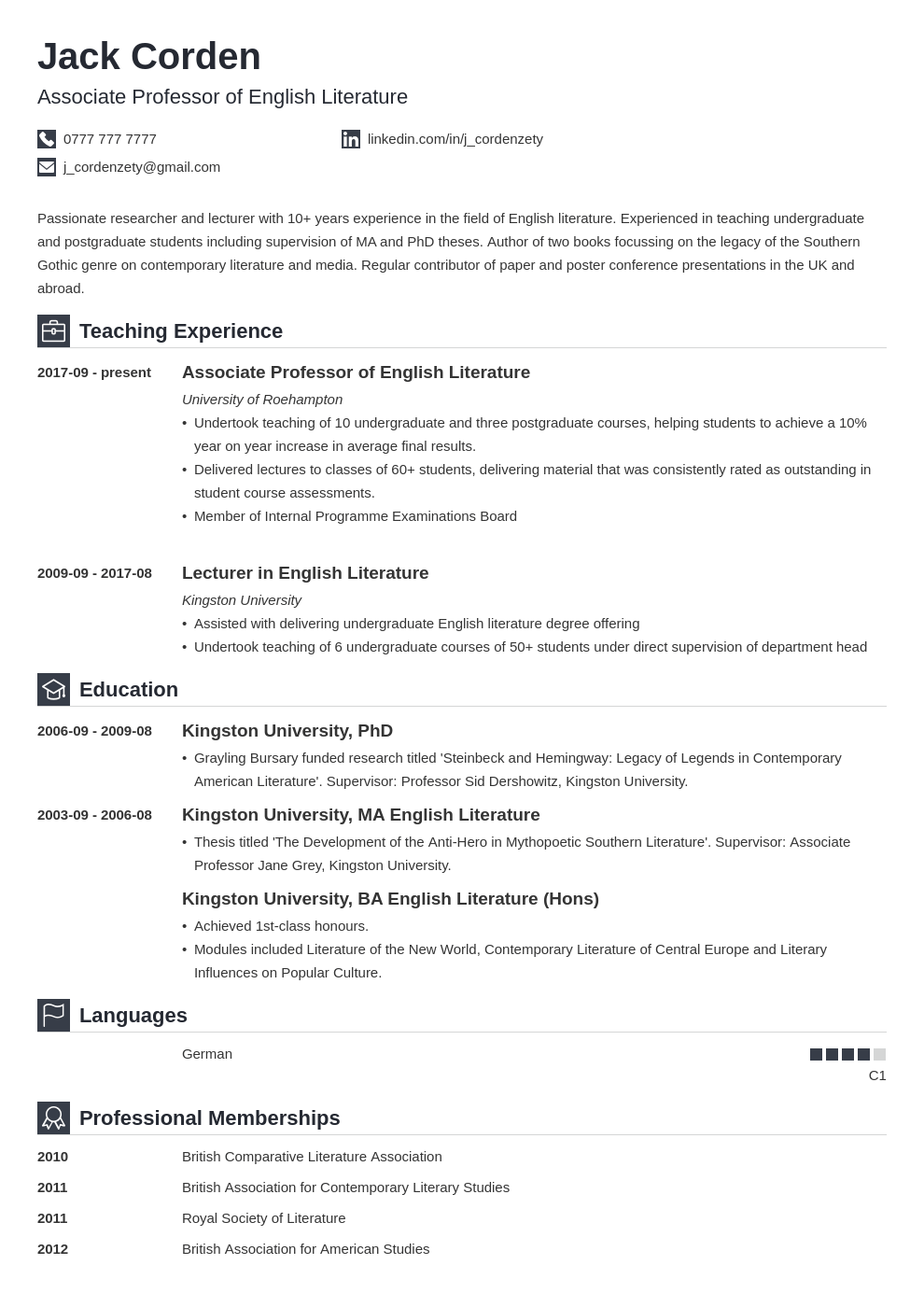Embarking on a journey to pursue a master’s degree is an exciting step, often representing a significant turning point in one’s academic and professional life. However, gaining admission to competitive graduate programs requires more than just good grades; it demands a compelling and well-structured application. Your curriculum vitae, or CV, serves as your academic and professional autobiography, offering admissions committees a concise yet comprehensive overview of your achievements, skills, and experiences.
It’s the very first impression you make, a critical document that can either open doors or lead to your application being overlooked. Therefore, understanding how to construct an effective CV, and leveraging a robust cv template for masters application, is paramount to showcasing your unique qualifications and making a memorable impact on your prospective university.
Crafting Your Standout Masters CV
Creating a CV for a masters application isn’t just about listing your past; it’s about strategically presenting your history in a way that aligns with your future aspirations and the specific program you’re applying to. Unlike a typical job resume, a masters CV often emphasizes academic achievements, research experience, publications, and relevant coursework more heavily. The goal is to demonstrate your intellectual curiosity, research potential, and readiness for advanced study.
Think of your CV as a narrative of your academic journey so far, highlighting milestones that speak directly to your suitability for graduate-level work. Each section should be meticulously curated to convey not just what you’ve done, but what you’ve learned and how those experiences have prepared you for the rigor and specialization of a master’s program. It’s about showing, not just telling, your potential.
Key Sections to Consider
A well-structured CV for a masters application typically includes several standard sections, each serving a distinct purpose in painting a complete picture of your profile. While the exact order and emphasis might vary slightly depending on your field and the specific program’s requirements, these core components form the backbone of a strong application. Remember, clarity and conciseness are key, as admissions committees review numerous applications.

For instance, when detailing your research experience, go beyond simply stating you “conducted research.” Instead, describe the problem you addressed, the methods you employed, and the significant findings or conclusions you reached. Quantify your achievements whenever possible – did your research lead to a discovery, improve a process, or contribute to a larger project? This level of detail transforms a simple listing into a compelling demonstration of your capabilities. A well-designed cv template for masters application provides a structured framework, ensuring you don’t miss any crucial sections and present your information logically.
Tailoring Your CV for Specific Programs
While a general CV template for masters application provides an excellent starting point, true success lies in customizing your document for each specific program you apply to. Admissions committees are looking for candidates who genuinely fit their program’s focus, values, and research areas. A generic CV, no matter how impressive, might not resonate as strongly as one that clearly demonstrates alignment with the institution’s offerings.
This means thoroughly researching each program. Dive into the department’s website, look at faculty research interests, read course descriptions, and understand the program’s overarching goals. Identify key skills, experiences, and academic areas that are emphasized. Then, strategically highlight the parts of your own background that directly speak to those specific requirements and interests.
For example, if a program emphasizes quantitative research methods, ensure your CV prominently displays your statistical analysis skills, relevant coursework, and any projects where you applied such methodologies. If a program has a strong interdisciplinary focus, make sure your CV showcases any experiences where you collaborated across different fields or integrated diverse perspectives. It’s about making a direct connection between what you offer and what they seek.
Furthermore, use the language of the program. If they frequently use certain terminology or describe specific research areas, try to incorporate those keywords naturally into your descriptions. This demonstrates not only that you’ve done your homework but also that you’re already thinking like someone who belongs in that academic environment. This level of personalization shows genuine interest and dedication, setting you apart from applicants who submit a one-size-fits-all document.
Finally, before submitting, always proofread your CV meticulously. A single typo or grammatical error can undermine your credibility. Ask a trusted friend, mentor, or career advisor to review it for clarity, conciseness, and impact. Their fresh perspective can catch errors you might have overlooked and offer valuable suggestions for improvement. A polished, well-tailored CV significantly boosts your chances of securing that coveted spot in your desired masters program.
Taking the time to refine and personalize your CV is an investment that truly pays off. It’s your opportunity to tell your unique story, showcasing your academic journey and professional aspirations in a way that resonates deeply with the admissions committee. With careful attention to detail and a strategic approach, you’ll present yourself as an ideal candidate, ready to thrive in advanced study and contribute meaningfully to your chosen field.
